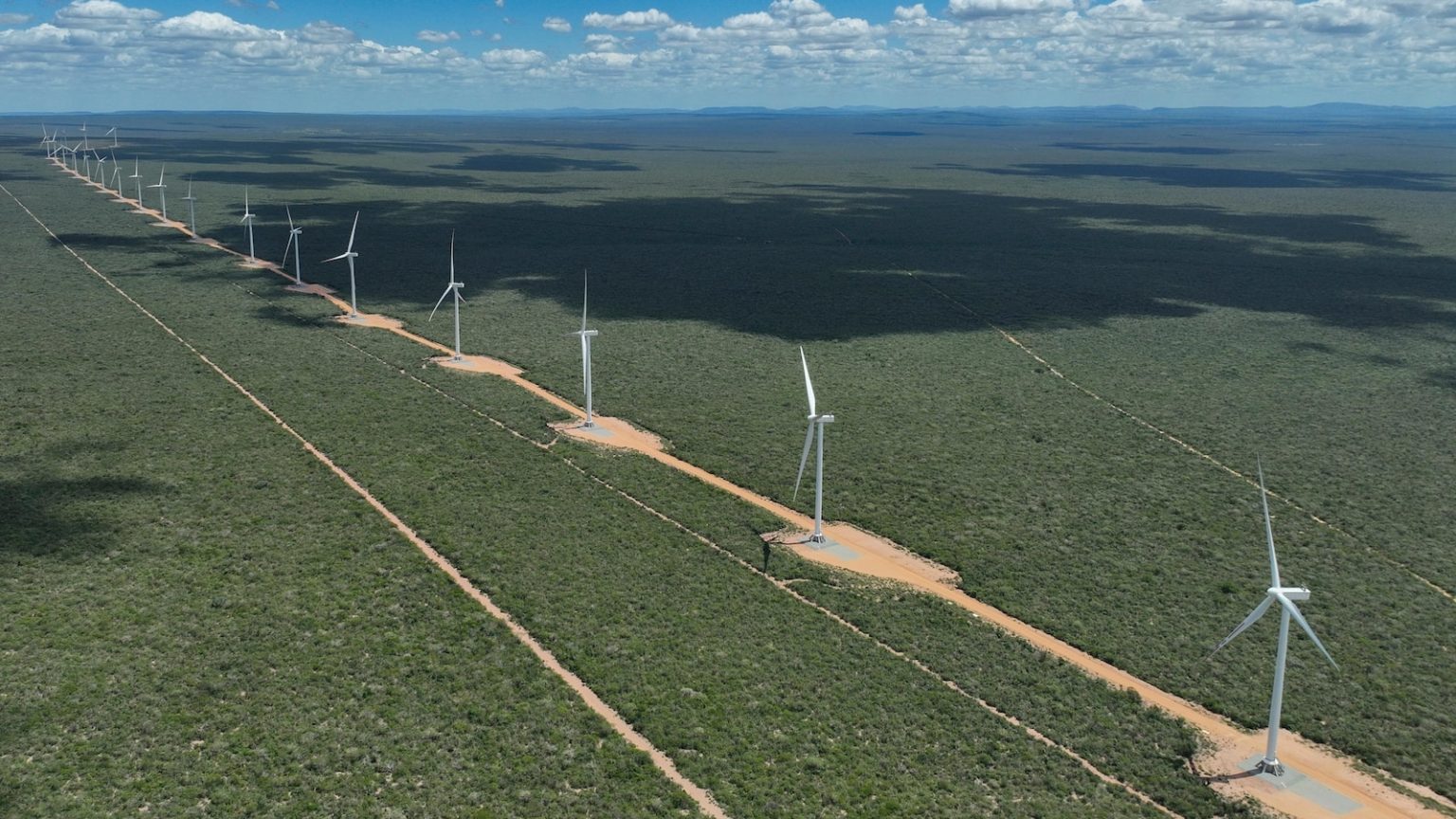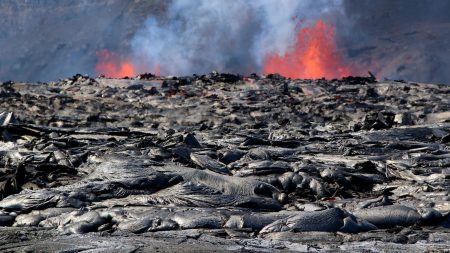The Global Climate Deadline: A Crucial Moment for the Planet
On October 23, 2023, nearly 200 nations faced a critical deadline to submit their updated climate action plans to the United Nations. These plans, known as Nationally Determined Contributions (NDCs), outline how each country intends to reduce its greenhouse gas emissions by 2035 and are central to the Paris Agreement’s goal of limiting global warming to 1.5 degrees Celsius above pre-industrial levels. UN climate chief Simon Stiell has called these documents "among the most important policy documents governments will produce this century," highlighting their significance in the global fight against climate change. However, as the deadline passed, only a dozen of the 195 signatories to the Paris Agreement had submitted their plans, raising concerns about the world’s collective commitment to addressing the climate crisis.
A Slow Start: Who Has Stepped Up, and Who Has Not?
As of the deadline, only 12 countries had formally submitted their updated NDCs. These nations account for just 16.2% of global carbon dioxide emissions, with the majority of this share coming from the United States. However, even the U.S. submission is uncertain, as it faces potential reversal under the Trump administration. Aside from the U.S., Brazil, the United Kingdom, and the United Arab Emirates are the only major emitters to have submitted their plans. The remaining submissions come from smaller nations such as the Marshall Islands, Singapore, Ecuador, and New Zealand, which collectively contribute less than 0.2% of the world’s carbon dioxide emissions. This slow start has raised questions about the willingness of the world’s largest polluters to take immediate and decisive action.
The UN’s Stance: Quality Over Timeliness
Despite the low number of submissions, the United Nations has adopted a pragmatic approach. Climate Secretary Simon Stiell emphasized that while the deadline is important, the quality of the plans is far more critical. He noted that over 170 countries have informed the UN that they are actively working on their NDCs, and he expressed confidence that the delayed submissions will ultimately result in "the most comprehensive climate plans ever developed." Stiell also highlighted the importance of ensuring that these plans are aligned with the Paris Agreement’s ambitious goal of limiting warming to 1.5 degrees Celsius. However, not everyone shares Stiell’s optimism. Champa Patel, policy director of the nonprofit Climate Group, warned that the world cannot afford inaction, expressing concern over the lack of urgency displayed by many nations.
The Science Behind the Urgency
The latest scientific data underscores the importance of these NDCs. The world has already warmed by 1.3 degrees Celsius since the late 1800s and is on track to exceed 2.7 degrees Celsius by the end of the century if current trends continue. This level of warming would have catastrophic consequences, including more frequent and severe extreme weather events such as floods, hurricanes, and heatwaves. To avoid the most dire outcomes, countries must not only submit their plans but also ensure they are ambitious enough to meet the Paris Agreement’s targets. The new NDCs are also expected to address all greenhouse gases, not just carbon dioxide, and to cover every sector of the economy, not just energy production.
Assessing the Plans: Are They Enough?
The few NDCs that have been submitted so far reveal a mixed picture. According to the Climate Action Tracker, an independent group that analyzes climate plans, only a few of the submitted plans are aligned with the goal of limiting warming to 1.5 degrees Celsius. The United Kingdom’s plan, which aims to cut emissions by at least 81% by 2035 compared to 1990 levels, is rated as compatible with this target. In contrast, Switzerland’s plan is deemed insufficient, as it is more consistent with a 3-degree warming scenario. The United States’ submission, which was put forward by the Biden administration but rejected by the Trump administration, also falls short of what is needed. The Climate Action Tracker’s findings highlight the gap between the ambition of the Paris Agreement and the actual commitments being made by nations.
The Road Ahead: Next Steps in the Fight Against Climate Change
The deadline for submitting NDCs is just one step in a much larger process. The real test will come in September 2024, when the United Nations will assess the collective impact of all submitted plans. This assessment will determine whether the world is on track to meet the Paris Agreement’s goals and identify the gaps that need to be filled. In the meantime, major emitters such as the European Union, China, and India are expected to submit their plans in the coming months. The success of these efforts will depend on whether countries are willing to go beyond their current commitments and take bold, immediate action to reduce emissions. As the Climate Action Tracker’s Niklas Hohne noted, "They all need to do more." The world cannot afford anything less.
Conclusion: A Call to Action
The submission of NDCs is not just a bureaucratic exercise; it is a vital step in the global effort to address the climate crisis. While the slow start is concerning, it is important to remember that the deadline is just a milestone in a long-term process. The real challenge lies in ensuring that the plans submitted are ambitious, comprehensive, and actionable. The science is clear: the world must act now to avoid the most catastrophic impacts of climate change. As the United Nations prepares to assess the collective impact of the NDCs, one thing is certain—every country has a role to play, and every action counts. The fight against climate change is not just a moral obligation; it is a matter of survival.















